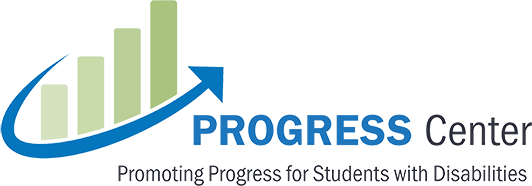Parents, you are an expert in your child! Your thoughts, questions, and feedback are valuable in the IEP development. In this role, it is essential that you understand the IEP and its parts, why the IEP is important, and the valuable role you play in creating the IEP. This resource includes information to consider before, during, and after the IEP meeting. It includes information about the parts of the meeting, questions to consider asking during the meeting, and a place to take notes.
This course focuses on delivering instruction. It is part of a series covering instructional practices. These practices were identified through an extensive, systematic meta-analysis* of the high-leverage practices for students with disabilities. Those who enroll in this interactive course will be able to do the following:
Need help supporting struggling students, including students with disabilities, in your private school? This event shared how private schools can use a tiered system of supports to meet the diverse needs of students, including those with disabilities! The event featured the following:
Did you see that the PROGRESS Center and TIES Center were featured in a recent article, Improving belonging, social-emotional wellness requires coordination across all levels of K-12? This article highlighted information from a recent presentation at the OSEP Leadership and Project Directors Conference featuring PROGRESS Center Director Dr. Tessie Bailey, TIES Center Director Dr. Kristin Liu, and PROGRESS Center Educator in Resident Kevallyn Drake.
This course focuses on planning for instruction. It is part of a series covering instructional practices. These practices were identified through an extensive, systematic meta-analysis* of the high-leverage practices for students with disabilities. Those who enroll in this interactive course will be able to do the following:
